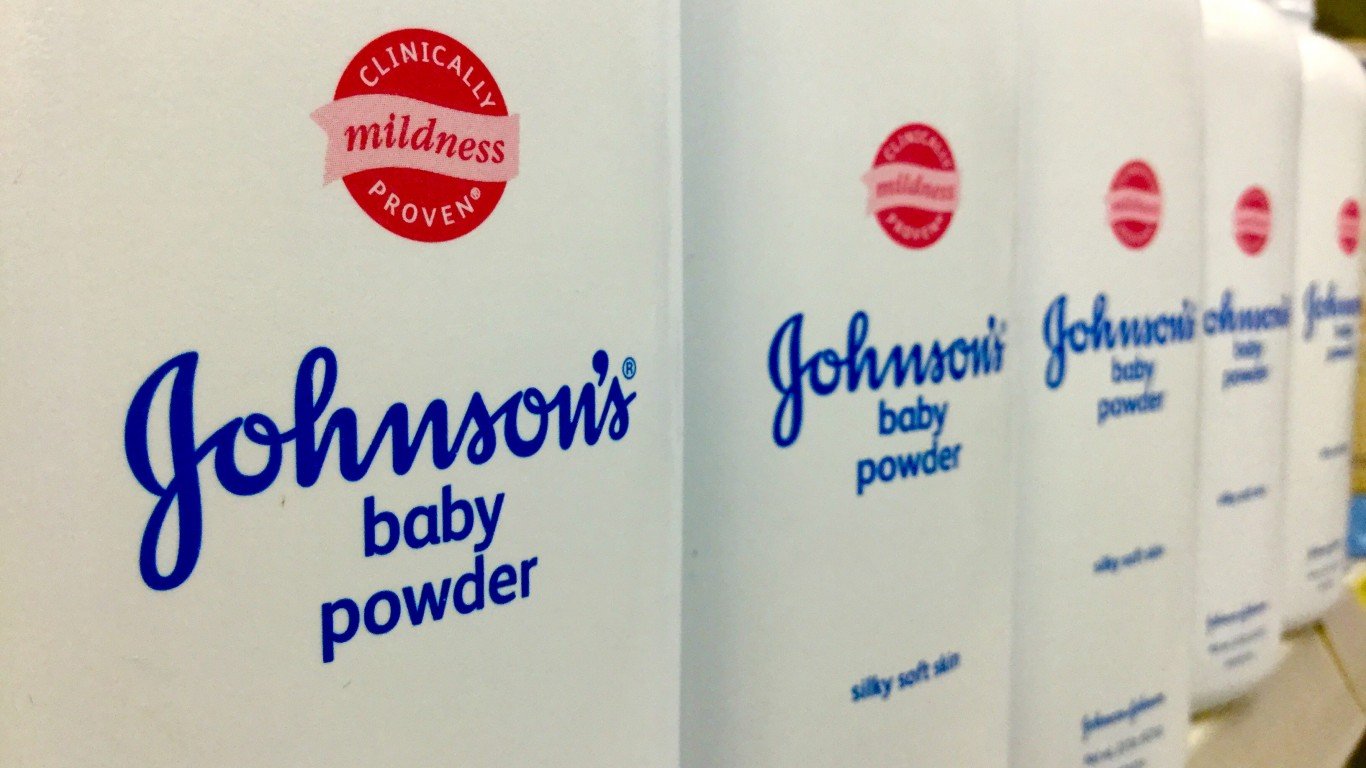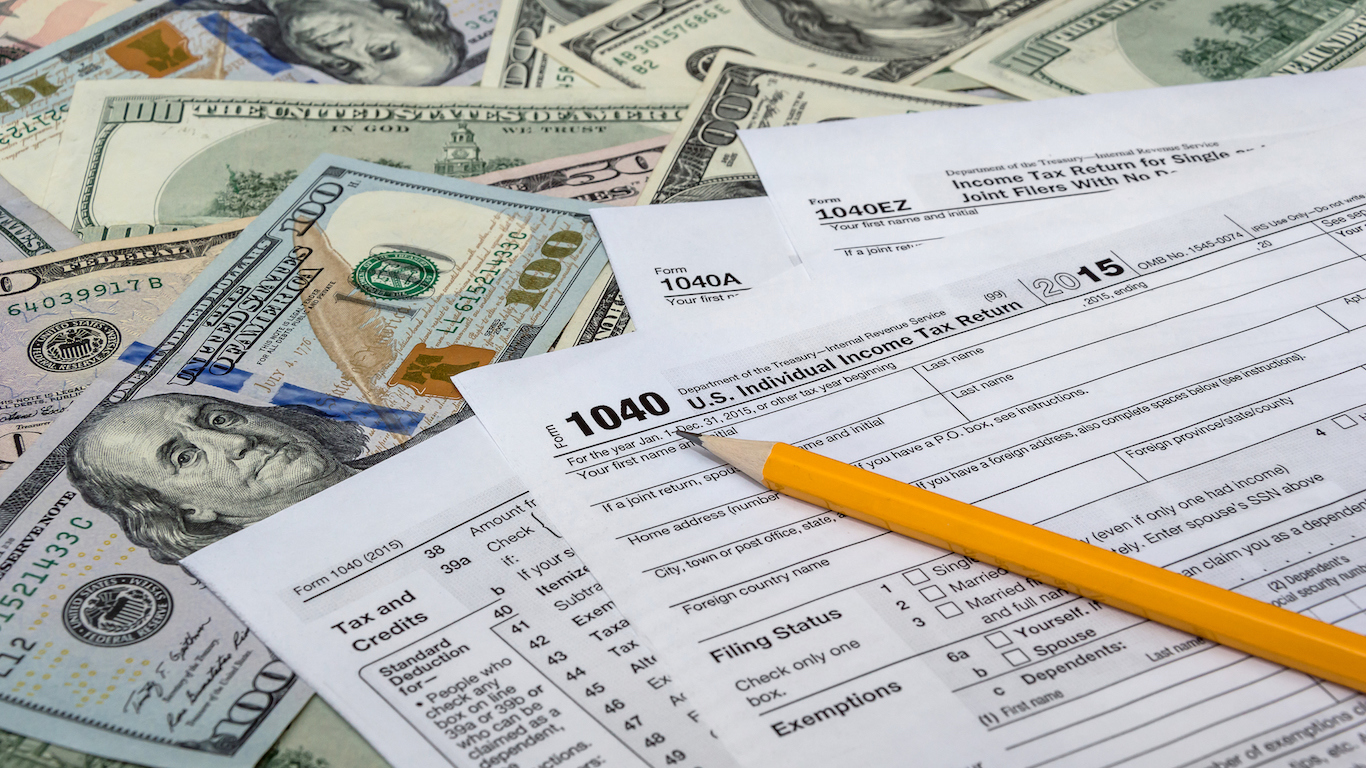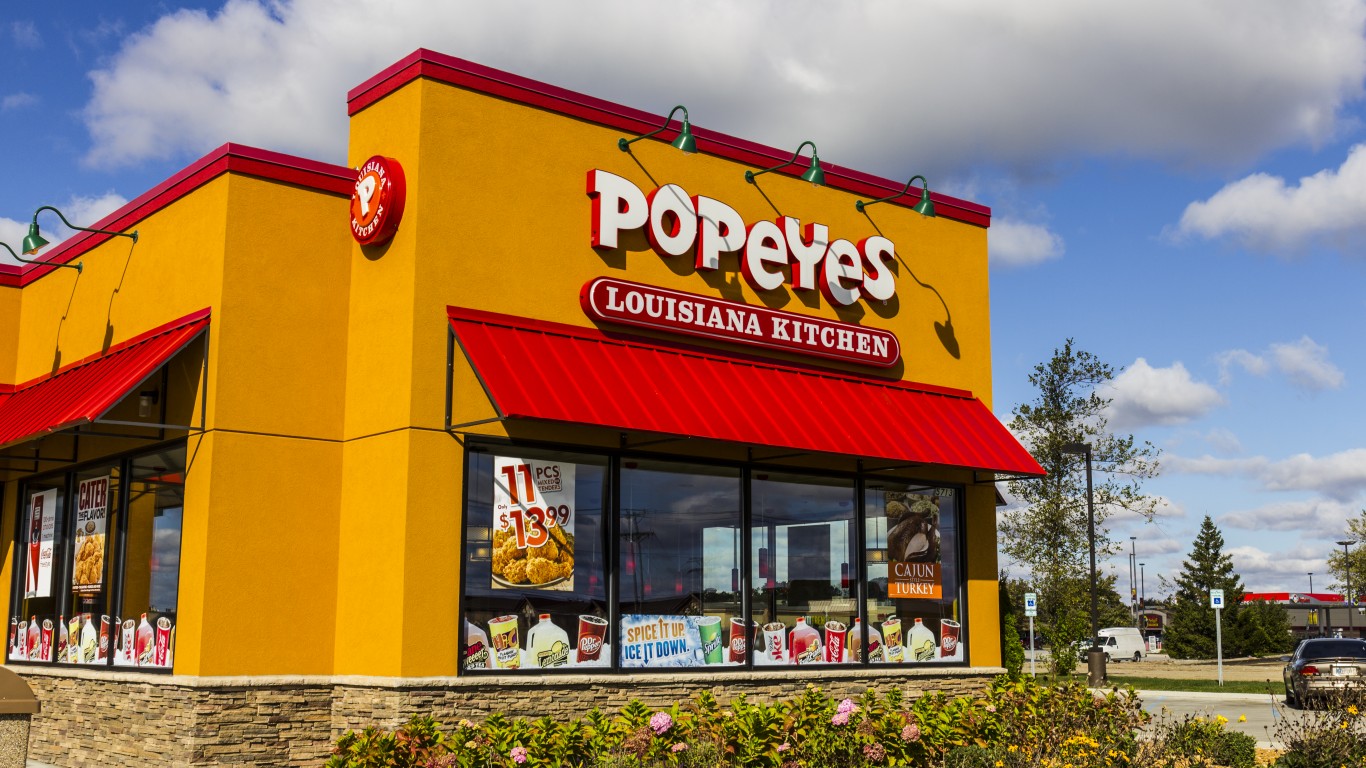

Johnson & Johnson (NYSE: JNJ) remains a top member of the Dow Jones industrial average and a company that keeps raising its dividend year after year. And the company still cannot escape the shadow of its Johnson’s Baby Powder brand talc and asbestos lawsuits and overhang.
Johnson & Johnson released its 2018 annual report on Wednesday, and the company disclosed shareholder suits, as well as newer inquiries from the U.S. Department of Justice and the U.S. Securities and Exchange Commission. For the record, the company has shown that decades of testing showed that the use of baby powder was safe and asbestos-free. It also has consistently maintained that its baby powder does not cause cancer.
The history of talc and asbestos cases against Johnson & Johnson is mixed. The company has won some suits that went to trial. It also faced a $4.7 billion award against it last summer in a case representing 22 women and their families. Johnson & Johnson is still appealing the verdict.
At issue is that with environmental cases of this sort, including aspects of asbestos cases, there is no time limit and quantifying the ultimate financial risk is nearly impossible. It is quite possible that the lifetime’s worth of sales of Johnson’s Baby Powder could be far lower than total damages over time if these cases end up going against the company.
The annual report for 2018 said of the newer disclosures:
In January 2019, two ERISA class action lawsuits were filed by participants in the Johnson & Johnson Savings Plan against Johnson & Johnson, its Pension and Benefits Committee, and certain named officers in the United States District Court for the District of New Jersey, alleging that the defendants breached their fiduciary duties by offering Johnson & Johnson stock as a Johnson & Johnson Savings Plan investment option when it was imprudent to do so because of failures to disclose alleged asbestos contamination in body powders containing talc, primarily JOHNSON’S® Baby Powder. Plaintiffs are seeking damages and injunctive relief.
Each of these matters will be adjudicated in conjunction with the multi-district litigation referenced in the prior paragraph. In addition, the Company has received preliminary inquiries and subpoenas to produce documents regarding these matters from Senator Murray, a member of the Senate Committee on Health, Education, Labor and Pensions, the Department of Justice and the Securities and Exchange Commission. The Company is cooperating with these government inquiries and will be producing documents in response.
It is also important to compare the potential financial exposure relative to the company’s broader size. Johnson & Johnson as a whole had sales of more than $81 billion, with operating income of more than $21 billion and net income of more than $15 billion, in 2018 alone. Its market cap is $365 billion.
After closing up 0.5% at $136.53 on Wednesday, its shares were indicated down 2.1% at $133.50 on Thursday’s early-bird indications. The stock has a 52-week trading range of $118.62 to $148.99, and the consensus analyst target price is $144.22.
Sponsored: Find a Qualified Financial Advisor
Finding a qualified financial advisor doesn’t have to be hard. SmartAsset’s free tool matches you with up to 3 fiduciary financial advisors in your area in 5 minutes. Each advisor has been vetted by SmartAsset and is held to a fiduciary standard to act in your best interests. If you’re ready to be matched with local advisors that can help you achieve your financial goals, get started now.
Thank you for reading! Have some feedback for us?
Contact the 24/7 Wall St. editorial team.
 24/7 Wall St.
24/7 Wall St.


